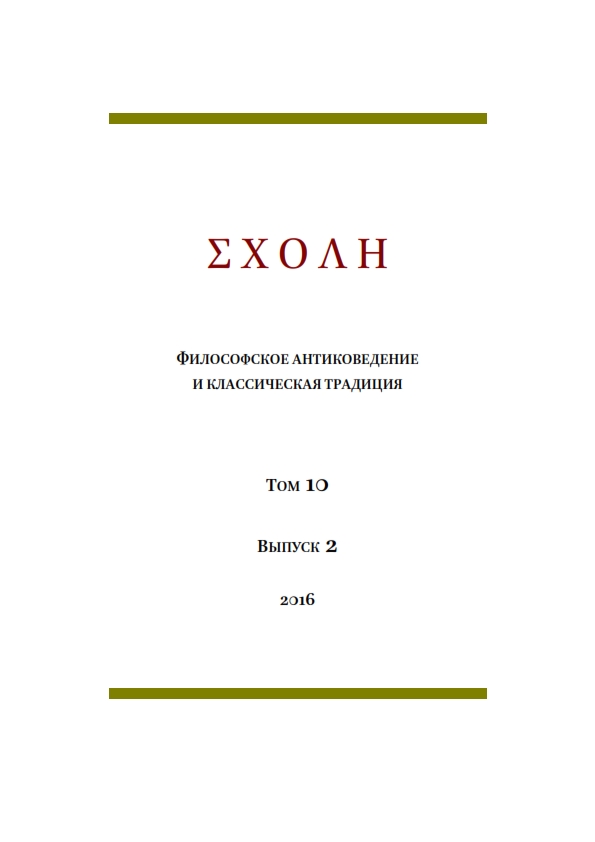Scientific heritage of E. A. Arab-Oglou through the prism of the present-day
Научное наследие Э. А. Араб-Оглы через призму современности
Keywords: intelligentsia; science fiction; sociology; futurology; historiography; Marxism; scientific and technical revolution;
In the article the scientific heritage of the Soviet philosopher and sociologist E. A. Arab-Oglou is analyzed. The scientist's contribution to the analysis of science fiction and development of futurology in the USSR is especially noted. Achievements of E. A. Arab-Oglou are considered in the context of Marxist social science development.
More...
